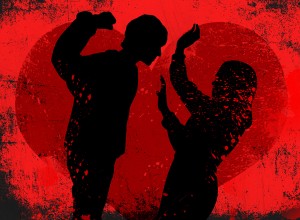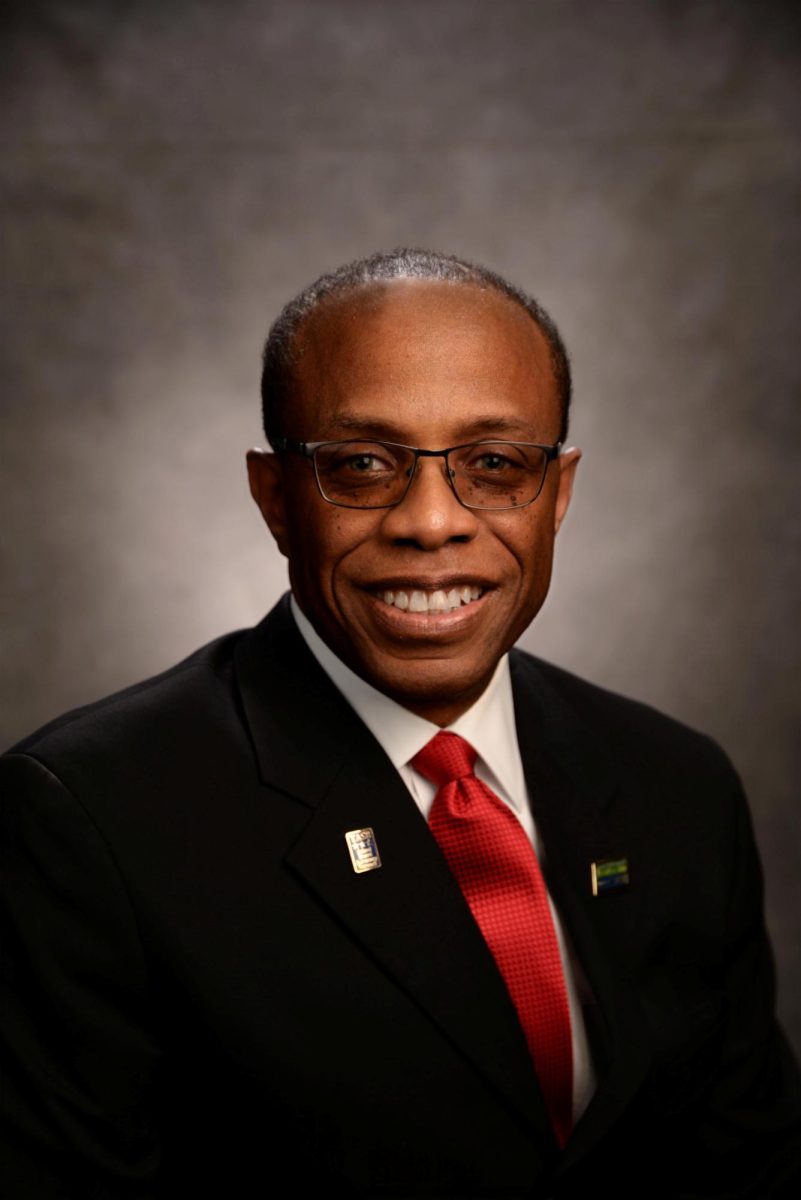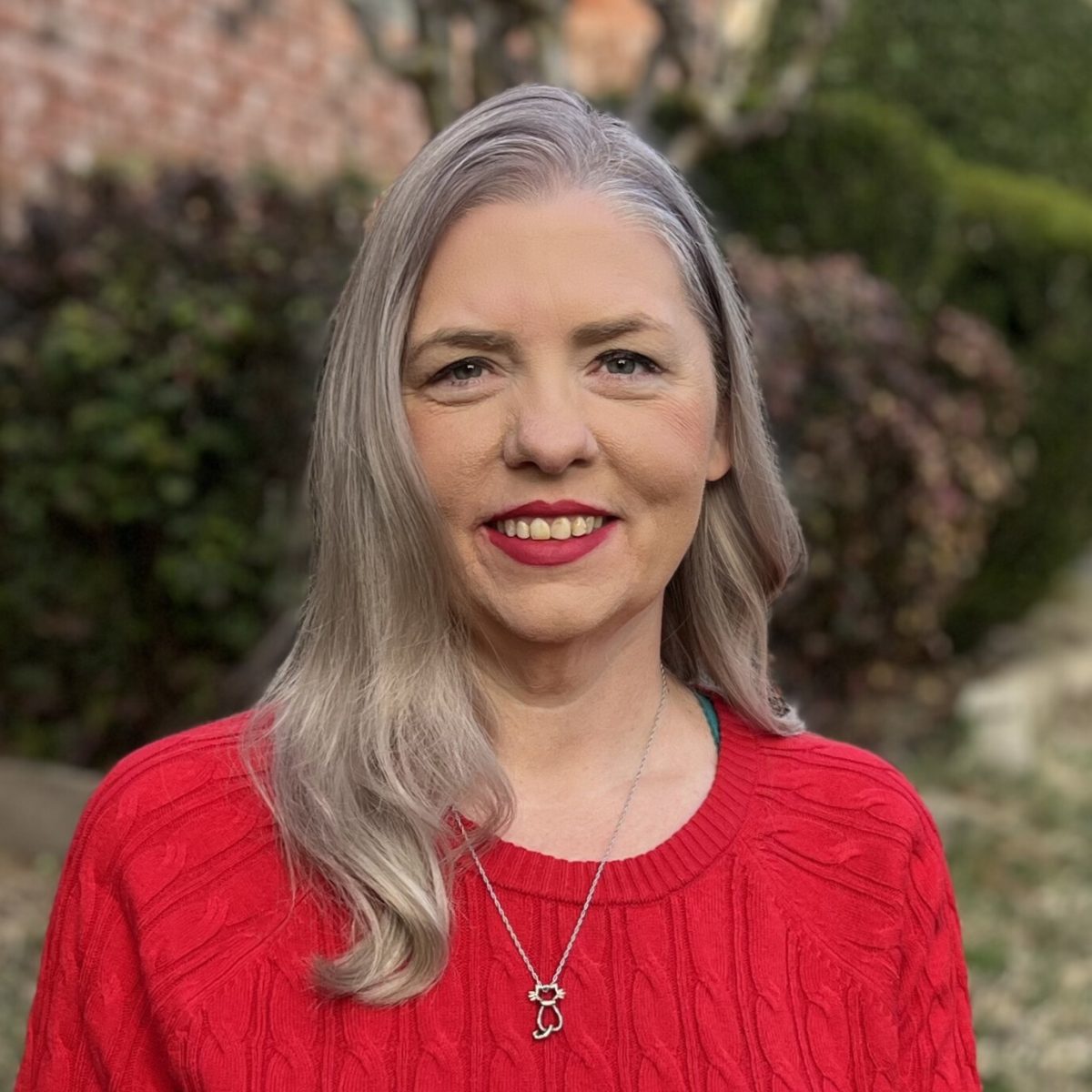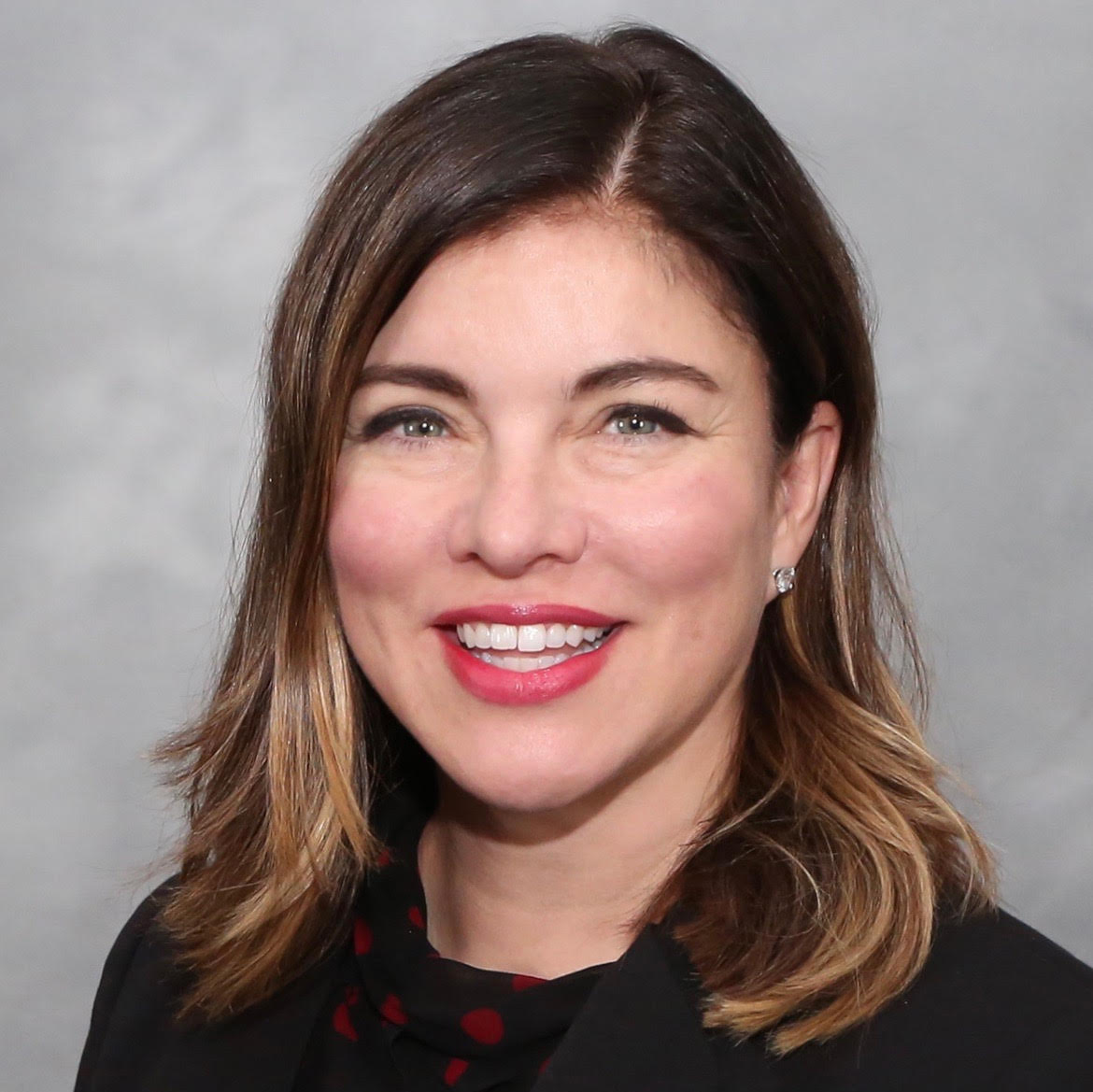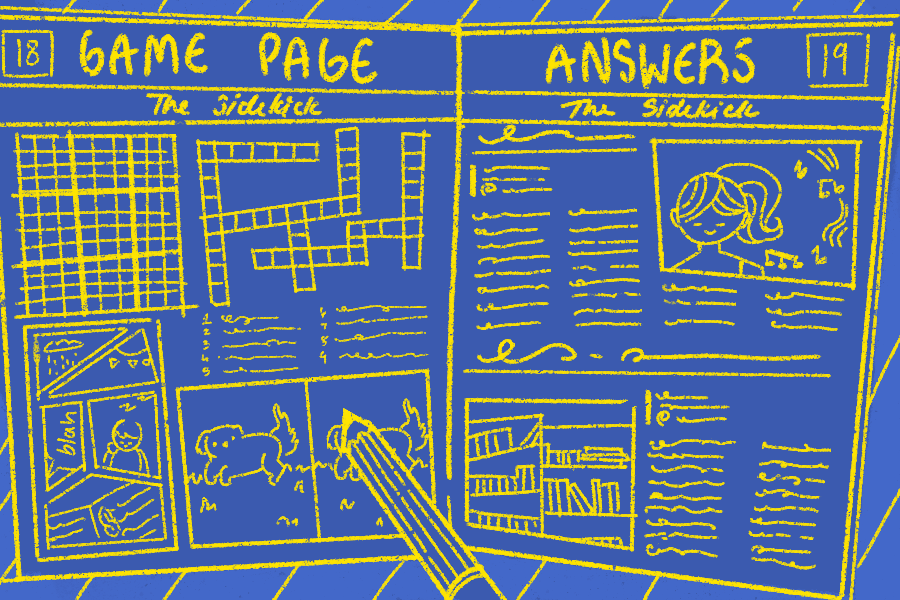More and more, teenagers go to extreme measures to find love and keep it once they have a hold on it. For many teenagers, the fear of being alone outweighs the abuse they can undergo.
According to the Alabama Coalition Against Domestic Violence, one in every three high school students have been, or will be in an abusive relationship. One anonymous source became a statistic and her love for the abuser made her overlook the unhealthy relationship.
“After you fall for someone, it’s difficult to move past it, especially if you’re in love with them, it becomes a different story,” Sarah* said. “It is no longer that you want them, but its necessity to just see them and be with them and for you to make them happy. Plus, that person is very charming, or they have something about them that convinces you to stay.”
Abusers manipulate their partner, whether with guilt or threats. Ultimately, the power they hold in a relationship causes the victim to feel useless and gives the abuser the opportunity to call the shots. By doing this, an abuser can tear down his or her partner until they feel isolated and alone.
Coppell High School substitute teacher Nan Fullinwider was caught up in an abusive relationship in college and ended up being married to him for four years. Her experience ended with a gun being pointed to her head and her abuser threatening to take both their lives. This was the breaking point that resulted in her gaining the courage and self-respect to finally walk away.
“I was his possession and he was obsessed with me,” Nan said. “I am a very strong person, but they manipulate you. You don’t even know what’s going on until you’ve had enough of it and you realize it’s been going on the whole time and you didn’t even see it.”
If there is one piece of wisdom Fullinwider gained, it was that people were put on this earth to be loved unconditionally by another – not to be abused, whether it be physical, mental, verbal or sexual abuse.
Victims of abusive relationships often try to justify their abuser’s actions and hope it will change. Red flags warn the victim of what is to come and abuse will only get worse over time.
“As soon as you see a red flag, get out of [the relationship],” Sarah said. “I always used to think that it would get better, but it’s a cycle. I would always think about the ups but, in the long run, it screws you over. When you’re hurting, you have to focus on the bad things or else you’re just going to keep going back and keep getting hurt.”
Jane* turned a blind eye to her abuse; she wanted a relationship and didn’t want to realize what she had wasn’t healthy, even when everyone else recognized it. Jane realized it is important to listen to those around you because often times they can see your relationship for what it really is without the emotion.
“If you feel like you’re not happy and the person doesn’t treat you the best, you should get out of it as fast as possible and not drag it on,” Jane said. “The longer you wait, the harder it gets. When people are telling you it’s not healthy, listen to your friends, don’t ignore it because that’s what I did and I look back and realize it was stupid.”
Love might be blind, but pain is not. The pain brought from abuse is real and its effects are lasting. All three of these women agree on one thing: nothing hurts more than verbal abuse. Bruises fade and cuts heal, but words are a blade that go straight through the heart and take much more time to repair.
“Verbal abuse is worse [than physical],” Jane said. “With physical pain, it’s just like ‘ouch, that hurt’, but you can get over it; but somebody telling you you’re worthless gets to you.”
CHS teen leadership teacher Nicky Fryman advises students who are being abused to go to a teacher or counselor before they take any other action; telling friends can start rumors and telling parents oftentimes results in irrational actions because of the hypersensitivity of the issue.
“They [students being abused] think they are the only one going through it [abuse],” Fryman said. “They are afraid to tell other people because they are embarrassed…It’s a real emotional rollercoaster.”
These relationships tend to escalate until they get out of hand and seem nearly impossible to get out of. Many fear what others may think if they come forward or if others will believe them. But it is important for not only the victim to get help, but the abuser to end their cycle and learn healthier habits.
“You put your mindset somewhere else because the pain is so excruciating, but I was raised to be tough, so I just kept a straight face,” Fullinwider said. “I could have gone to a police officer, but are they actually going to believe me? No.”



